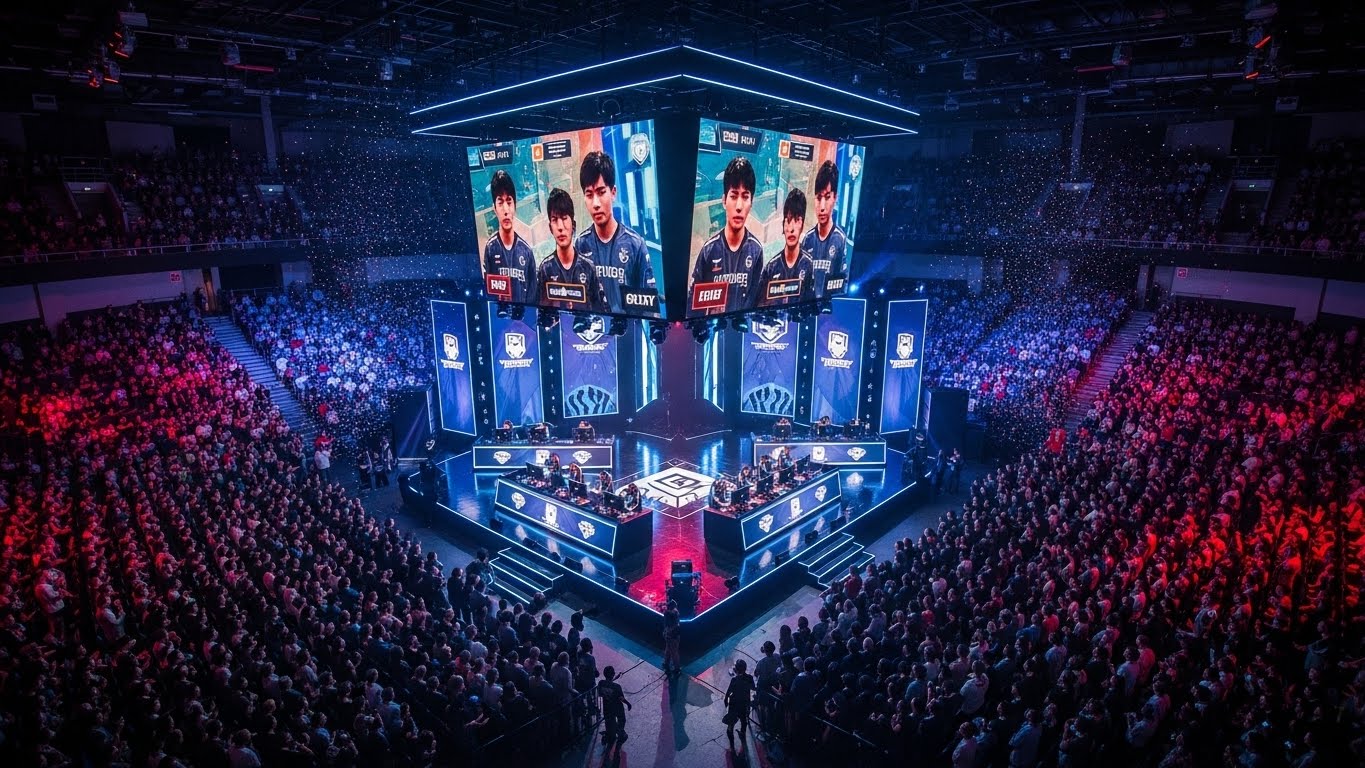Introduction
eSports has evolved from a niche hobby into a worldwide entertainment and competitive phenomenon. With professional tournaments, global audiences, and multimillion-dollar sponsorships, it has redefined what it means to play video games. eSports is not just about winning—it is about strategy, skill, teamwork, and innovation, creating an experience that engages millions of players and fans around the world.
The Origins of eSports
The history of eSports dates back to early arcade competitions and console gaming tournaments. As the internet became widely accessible, online multiplayer games allowed players to connect and compete globally. Over time, this led to organized leagues, international competitions, and professional teams, transforming casual gaming into a structured and recognized competitive industry.
Popular Game Genres in eSports
eSports includes a variety of game genres, each requiring specific skills. Multiplayer Online Battle Arena (MOBA) games emphasize teamwork, strategy, and real-time decision-making. First-Person Shooter (FPS) games demand precision, reflexes, and tactical awareness. Real-Time Strategy (RTS) games test planning and resource management, while sports simulation games provide digital versions of real-world athletic competitions. Each genre has its own community and professional circuit.
Skills Required for Success
Success in eSports requires more than talent. Professional players dedicate countless hours to practice, analyze gameplay, and refine strategies. Mental resilience, focus under pressure, and strong communication are crucial, especially in team-based competitions. Training often mirrors the rigor of traditional sports, highlighting the discipline and dedication necessary to compete at the highest levels.
The eSports Community
Community is central to the growth of eSports. Players, fans, and content creators interact through streaming platforms, online forums, and social media. Competitions and tournaments foster camaraderie and engagement, allowing fans to connect with their favorite players and teams. The community aspect strengthens eSports culture and encourages collaboration, mentorship, and shared excitement.
Economic Impact of eSports
The eSports industry has grown into a billion-dollar market. Revenue streams include tournament prizes, sponsorships, advertising, merchandise, and streaming services. Beyond players, the industry offers careers for coaches, analysts, commentators, event managers, and content creators. The economic growth of eSports demonstrates its potential as both a profession and a major entertainment industry.
Technology Driving eSports
Technology is the foundation of eSports success. High-performance computers, fast internet, advanced graphics, and streaming platforms enhance gameplay and spectator experiences. Emerging technologies such as virtual reality, augmented reality, and artificial intelligence are beginning to influence training, strategy, and fan engagement, pushing the boundaries of what competitive gaming can achieve.
The Future of eSports
The future of eSports is bright and full of potential. With expanding global audiences, professional recognition, and innovative platforms, competitive gaming is becoming a mainstream form of entertainment. Educational programs, international leagues, and immersive technology will continue to strengthen the industry, creating opportunities for players, fans, and businesses alike.
Conclusion
eSports has transformed gaming into a global culture that combines skill, strategy, technology, and community. It provides opportunities for professional careers, social connection, and entertainment on a massive scale. As eSports continues to grow and innovate, it will remain a major force in shaping the future of digital competition and interactive entertainment.



